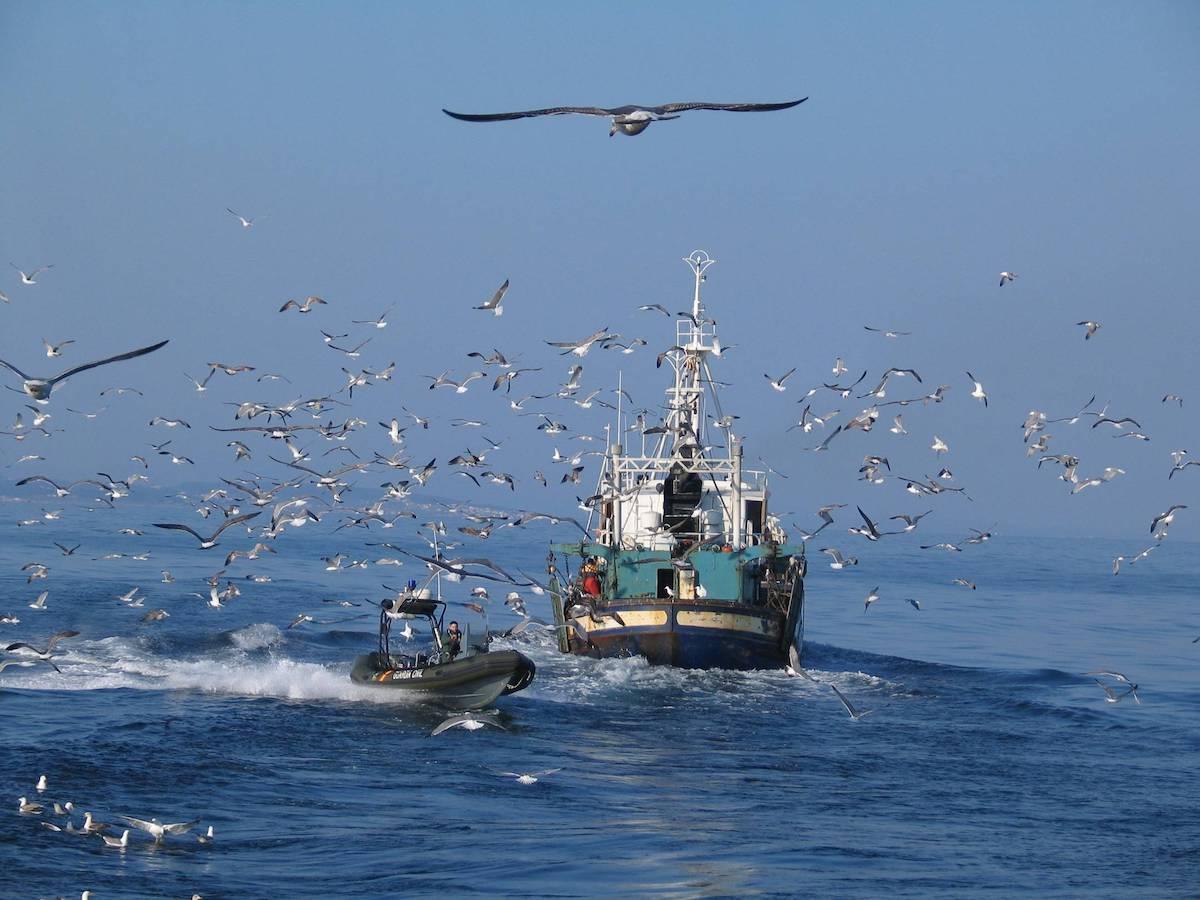The arrival of artificial intelligence (AI) in fishing has begun to be a topic of debate at world congresses. A study presented to the European Parliament's Committee on Fisheries last Monday argues that this type of system opens up opportunities for transparency and the reduction of environmental impacts of fishing activity.
José Fernandes-Salvador, one of the authors of the study “Artificial Intelligence and the Fishing Sector”, recognized that artificial intelligence and statistical collection to improve fishing performance are already a reality among the services offered by companies.
“More and more companies are dedicated to selling data and also developing products to extract data from that information. Sometimes they use statistical approaches that we think could be considered artificial intelligence,” Fernandes-Salvador said.
However, it is still difficult to draw a boundary between where artificial intelligence begins and where statistics, there will increasingly be a number of companies that are dedicated to this, he said.
AI is a combination of algorithms that mimic human intelligence to perform specific tasks based on data.
The study identified, among other opportunities, the application of artificial intelligence to increase the transparency of fishing activity; obtain a lower impact on the environment; accelerate data collection to obtain sustainability indicators; and reduce operating costs in the industry.
An area of special interest for AI is to translate into more efficient fishing, to optimize fishing trips and reduce fuel consumption; at the same time, it can serve as a tool to reduce the impacts of by-catch.
“Artificial intelligence will only work if it is as good as the quality of the data and if the data is sufficient to be able to dump it so that programs can recognize certain models,” said Maria Arena, Belgian MEP.
Among the obstacles identified by scientists to the application of AI in fisheries are distrust of the fishing industry, initial costs and lack of experience; and bureaucratic uncertainty.
Supply Chains
AI could also be useful in supply chains, Fernandes-Salvador explained, something that can help to gain consumer trust through traceability. Until now, the industry has been limited to process automation.
“We see that it's a very complex chain, so we have to see where you get the most value from fish. And in the supply chain it can be very complex. And what we have seen in the literature is that there is an interest in using artificial intelligence but little published and not much has been done that can be used at the operational level, although traceability is an important and promising area for strengthening consumer trust,” said the researcher.
The study also talks about the possibility of more young people joining the fishing sector, while modernizing the industry with the incorporation of AI. However, there is still skepticism regarding the effect of including AI.
“Let's not expect that AI methods are going to guarantee fish production, and we're going to have blue skies. It's a small contribution to the lives of fishermen, but I think it's going too far that if we introduce these AI systems, (to think that) more people will participate in the fishing sector, it would have to be if more people can earn a decent living, unfortunately that's not the case,” said the vice-president of the fisheries commission Peter van Dalen.
The researchers of the study emphasized that there are currently no explicit references to AI systems in most of the European Union's fisheries legislation, but rather to the digitalization that could eventually lead to the inclusion of AI.
Therefore, a recommendation is made to amend regulations that will be subject to revision to include references to AI in paragraphs where digital transformation and new technologies are already mentioned.



Comentarios (0)